Home Page › Blog › What Are the Best Types of Service Dogs for Seniors?
What Are the Best Types of Service Dogs for Seniors?
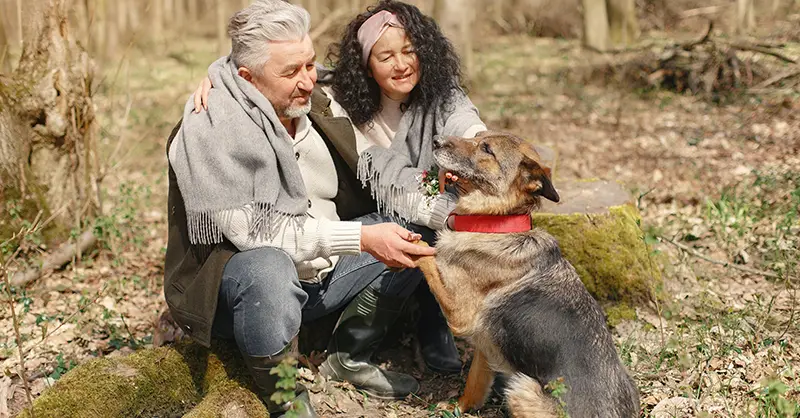
Many seniors have mobility or other issues that could benefit from having a service dog for specific assistance. But not everyone knows there are different service dogs that help people with different challenges. Each type of service dog has a specific purpose.
Here are some of the most common types of service dogs for seniors:
Hearing Dogs
These service dogs are trained to help their humans who are deaf or hard of hearing. They alert their handlers to sounds like smoke alarms, ringing doorbells, timers and alarm clocks, and ringing phones. Poodles, Golden Retrievers, Pomeranians, and Cocker Spaniels are commonly chosen for their sharp hearing and responsiveness to training. However, any dog with good hearing and an obedient nature can be a hearing dog. When the dog hears a sound that the handler needs to know about, they will get the attention of their handler by pawing or performing any other trained activity.
Diabetic Alert Dogs
Diabetes is a widespread problem in older adults. It is treatable, but some seniors may have difficulty controlling their blood sugar. Others have sudden changes in blood sugar even with treatment and monitoring. Diabetic alert dogs can help in this situation by alerting their handler if their blood sugar gets too high or too low. But how do they do this? High or low blood sugar causes the body to release chemicals that have a strong odor to dogs — even though this odor is undetectable to the human nose! Diabetic alert dogs can be trained to alert their handler or trigger an alarm if their handler needs help.
Guide Dogs
Most people are familiar with guide dogs; they assist the visually impaired. They are trained to lead their handlers as they navigate the world, preventing them from walking into objects or other people. Many guide dogs can lead their handler all over the city and back home again, including riding on public transit. (Service dogs are allowed in public places, including on planes and other modes of public transportation. If you have difficulty convincing your ride-share driver, read this article.) People often think of German Shepherds when they think of guide dogs, but any dog that is easy to train and has the proper temperament can do the job.
Mobility Assistance Dogs
Mobility assistance dogs are great for seniors with difficulty moving or getting around. Large, strong breeds are preferred, as these dogs have to do various tasks, from turning lights on and off to pulling a wheelchair. They may also support a handler who needs assistance standing or using other mobility aids like crutches, canes, or walkers. Like guide dogs, mobility assistance dogs tremendously help seniors who want to maintain their independence. Some seniors have difficulty doing things around the house but don’t want to move into assisted living. A mobility assistance dog can help them with moving and daily tasks, allowing the seniors to continue living alone and going out, shopping, and socializing.
Seizure Response Dogs
Seizure response dogs are trained to help handlers who have epilepsy. Although epilepsy can be treated with medication, some patients still have unpredictable seizures. A seizure alert dog helps in several ways. Some will place themselves between a falling handler and the floor to prevent injury. They may also be trained to drag their handler to a safe location if the seizure occurs in an unsafe place — like on the road, in the shower or bathtub, or in other areas that could pose an imminent danger. Additionally, they can be trained to alert others if their handler needs medical attention.
A Service Dog for Any Senior Disability
As life gets slower and presents more obstacles to citizens of higher age, a service dog can make a senior’s daily activities a little easier and safer. While there are many types of service dogs for various disabilities, any potential handler should be aware of the responsibilities of owning a service dog. Even the most practical and well-trained service dog is a dog after all and needs grooming and exercise to be healthy and able to perform their tasks. Getting a young, energetic service dog may feel overwhelming to an older person as the dog will have to be under the control of their handler at all times, especially when out and about. Therefore, any senior considering getting a service dog should make a well-informed decision on the type and breed of service dog they need. And they should be sure that they would have the support of someone else to take care of the dog if the responsibilities get overwhelming. But once the service dog is attuned to their handler’s needs, life will no doubt make a turn for the better, and both will enjoy the company and taking care of each other.
About the Author: The writing team at Service Dog Certifications is made up of folks who really know their stuff when it comes to disability laws and assistance animals. Many of our writers and editors have service dogs themselves and share insights from their own experiences. All of us have a passion for disability rights and animals.
6 comments
Leave a Reply Cancel reply
Latest Posts

How to Bring a Service Dog to Disneyland
Trained service dogs are more than welcome to join their handlers at Disneyland. In this guide, we’ll explain Disneyland’s policies and give practical advice for bringing a service dog to Disneyland for the first time. Disneyland’s Service Dog Policies The Magic Kingdom is happy to welcome trained service dogs across most park locations! They kindly […]

Read More

Can Dogs Eat Tomatoes?
Yes! Dogs can safely enjoy tomatoes, but there are a few risks to be aware of so you can feed your dog responsibly. Fully ripe tomatoes (without the stems and leaves) can actually have nutrients that are good for your pup. Tomatoes have chlorogenic acid, an antioxidant that can have anti-inflammatory effects in cells. They’re […]

Read More

Can a Primary Care Doctor Write an ESA Letter?
Your family doctor, also called a primary care physician (PCP), can write a letter recommending an emotional support animal. We’ll explain what legally gives them that ability and explore what better options might be available for you. Why are Physicians Able to Write an ESA Letter? To turn your pet into an emotional support animal, […]

Read More




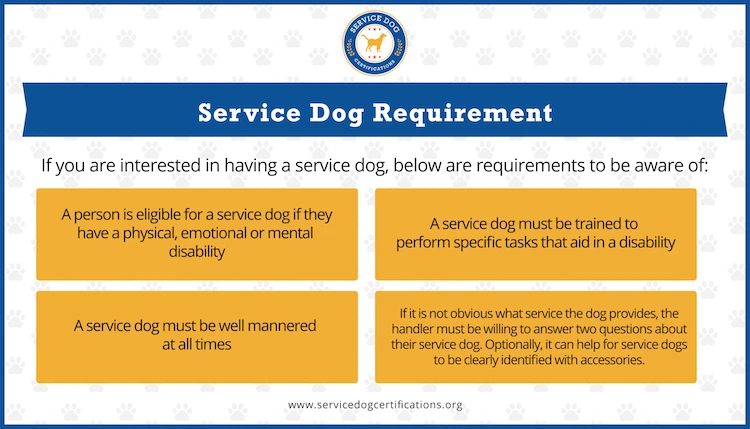

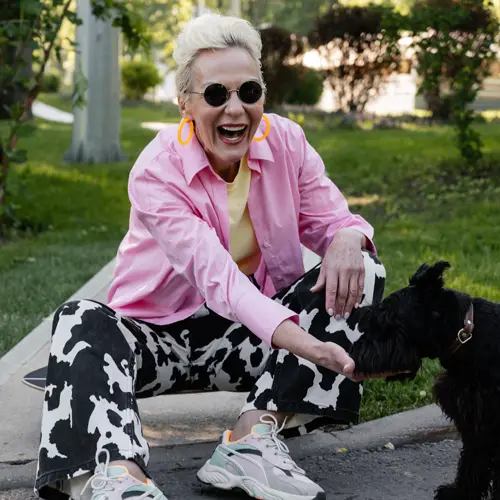
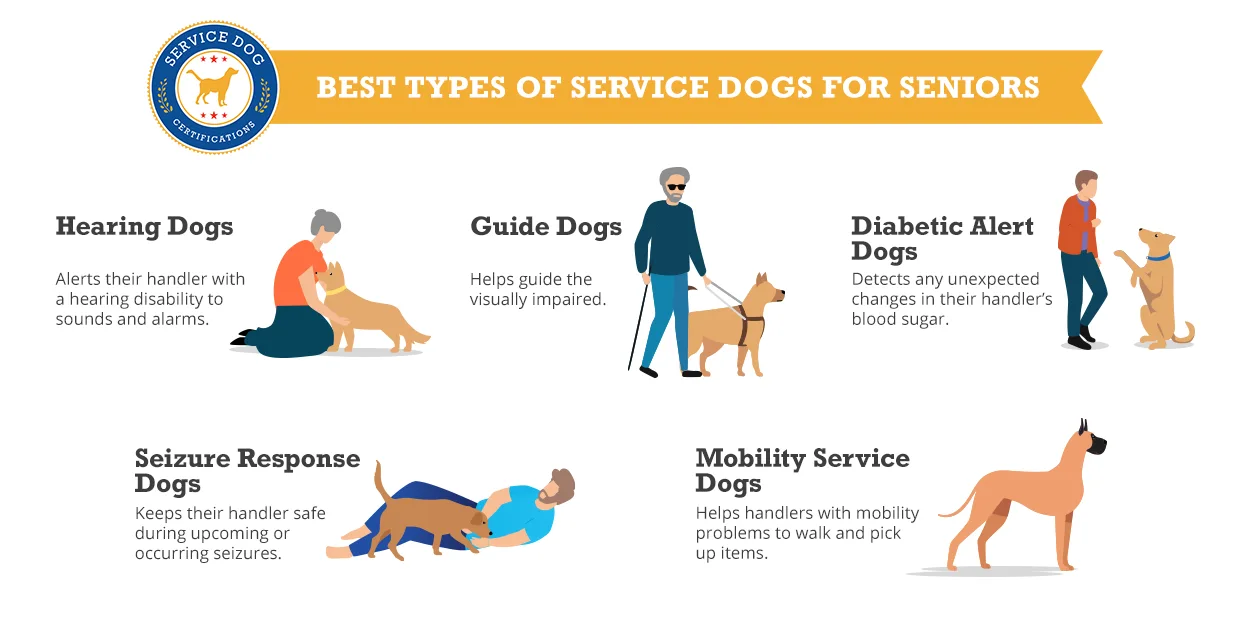
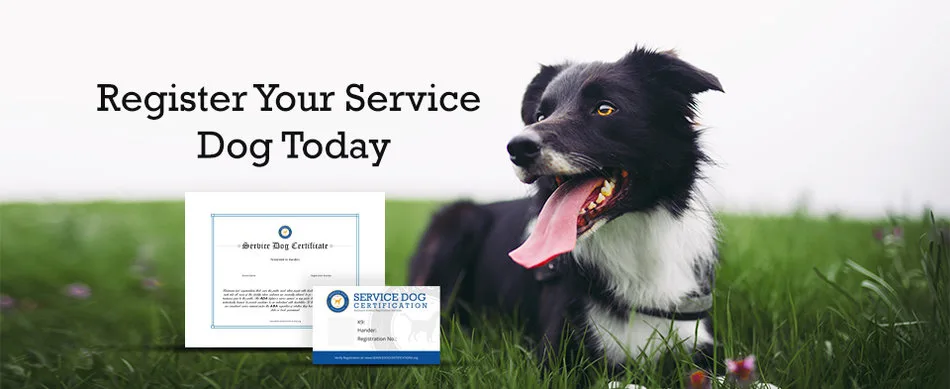

I am almost 82, 100% disabled veteran. How do I obtain a service dog to assist me with mobility?
Unfortunately we do not provide referrals for service dog adoptions, but we wish you the best in your search.
Do you provide hearing dogs or in both ears do I have to buy a dog to be trained?
These are my problems: Totally deaf in left ear due to tumor surgery, and only about
less than 4 percent in the right ear due to otosclerosis. There are no more surgery
for me and this is my last hearing aid and what little hearing
I have left is so bad I can’t hear the phone, doorbell or hear on phones. I have a
CapTel phone. I have mobility problems, balance problems, post polio Syndrome
and other problems. Does this qualify me for a hearing dog.
Unfortunately we do not provide adoption referrals, nor are we able to advise on whether someone qualifies for a service dog – our services are for existing service dog owners. We suggest speaking to your healthcare provider and/or a professional service dog trainer to see what your options might be.
I have had three service dogs and personal trained by a professional the second one was trained by myself and my third one that I now have was trained by myself but now that I’m at the senior age I’m having problems with giving him the exercise he needs physically I can’t I can’t keep up with him and where I live wii not allow him to being he has to be on the leash. In this instance can I have someone take him on long walks or chase a ball?
Service dog owners are allowed to use third parties to help care for and maintain their service dogs.